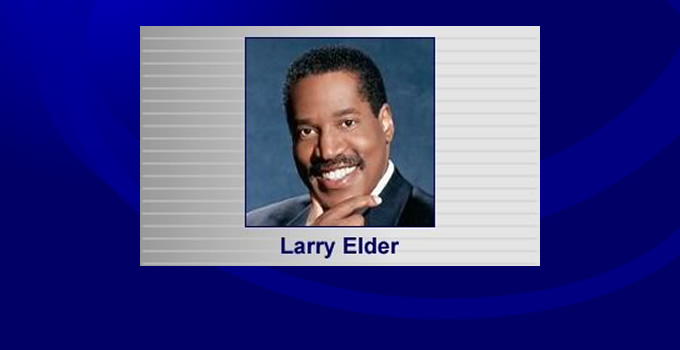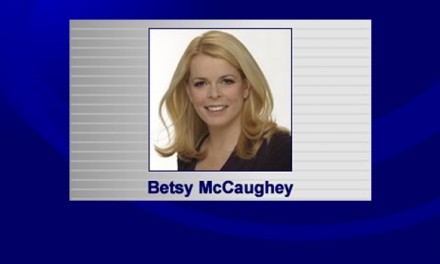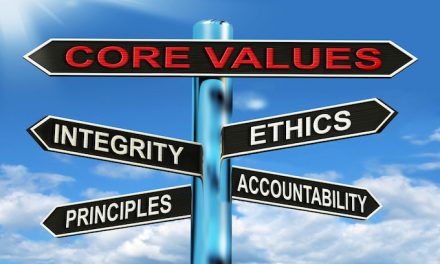Is there a more brain-dead concept than to empower the government to fight “income inequality”? What sane, normal, rational human being thinks that human talent, drive, interests and opportunity can — or should — result in equal outcomes?
Despite my love of athletics, I knew in third grade that my friend, Keith, could run much faster than I could. For two years I played Little League ball, and I got better at it. But no matter how hard I tried or how many hours I spent, I could not hit, run or throw as well as my friend Benji.
Later in life, I started playing tennis, and I became quite passionate about it. But most of the people I played against had started playing years earlier, and most had taken lessons for years. I got better, but given my competitors’ head start, the gap remained.
Financial planners advise clients to start early and stick to some sort of game plan. Is there any wonder that those who do so will have more net worth than those who started later, or who lacked the discipline to follow and stick to a plan? How is government supposed to address these “unequal” outcomes?
Most entrepreneurs experience failure before hitting on an idea, concept or business that makes money. Even then, it takes 20 to 30 years of long hours and sacrifice, along with occasional self-doubt and a dollop of luck, to become a multimillionaire.
I recently saw a movie starring Cate Blanchett. She is a very good actress, but she is also strikingly beautiful. Is there any doubt that her good looks, over which she had no control, are a factor in her success? Is it unfair that an equally talented actress, but with plain looks, will likely have an “unequal” career compared with that of Blanchett?
Speaking of acting, most who venture into that field do not become successful, if success is defined as making a living as an actor. These overwhelming odds still do not deter the many young people who flock to Hollywood every year to “make it.”
Had a would-be actor dedicated that same drive and personality to some other profession, success would have been more likely, if less enjoyable. Should the government intervene and take from the successful non-actor and give to those who unsuccessfully pursued a long-shot acting career? An ex-actor told me of her recent lunch with a friend she had met when they both left college and pursued acting. While the ex-actor moved on to a different, successful career, her friend stuck to acting, through thick and thin. The actor informed her friend that she recently turned down a commercial. Why? What struggling actor turns down this kind of work? Turns out, through some sort of “assistance” program, said the friend, the state of California is “assisting with her mortgage.” She has no obligation to repay the money, and she will continue to receive the assistance as long as her income is not above a certain level. How does this strengthen the economy? The ex-actor, through her taxes, subsidizes the lifestyle of the actor, who admits turning down work lest she be denied the benefits.
But this is exactly the world sought by Bernie Sanders — a government that taxes the productive and gives to the less productive in order to reduce “income inequality.”
In the real world, two individuals, living next door to each other, make different choices about education, careers, spouses, where to live, and if and how to invest. Even if they make exactly the same income, one might live below his or her means, prudently saving money, while the other might choose to regularly buy new cars and fancy clothes and go on expensive vacations. Is there any question that the first person will end up with a higher net worth than the latter? Is their “inequality” something that government should address?
Although Beyonce is a good singer, is there any question that there are others with superior voices? But Beyonce is also blessed with “unequally” good looks, charisma and perhaps better management — maybe better than the other two ladies in her musical trio, Destiny’s Child, whom she once sang with. Three singers, in the same group, have had “unequal” outcomes.
Communism, collectivism and socialism rest on the same premise — that government possesses the kindness, aptitude, judgment and ability to take from some and give to others to achieve “equality.” Karl Marx wrote, “From each according to his ability, to each according to his needs.” And that’s the problem. The statement implicitly acknowledges that some have more aptitude, drive, energy and ability than others. To take from some and give to others reduces the initiative of both the giver and the givee.
This is the fundamental flaw with income redistribution, the very foundation of communism, socialism and collectivism. One would think that Bernie Sanders would have figured this out by now. But wisdom among 74-years-olds, like outcome, is not distributed equally.
Larry Elder is a best-selling author and nationally syndicated radio talk-show host. To find out more about Larry Elder, or become an “Elderado,” visit www.LarryElder.com. Follow Larry on Twitter @larryelder. To read features by other Creators Syndicate writers and cartoonists, visit the Creators Syndicate Web page at www.creators.com.
COPYRIGHT 2016 LAURENCE A. ELDER
DISTRIBUTED BY CREATORS.COM



















Recent Comments